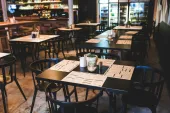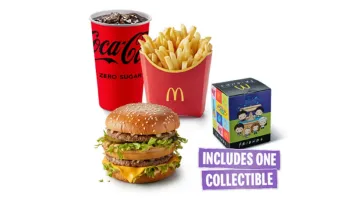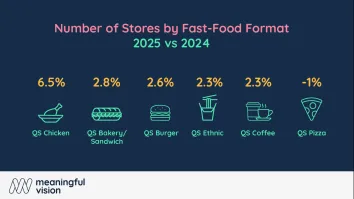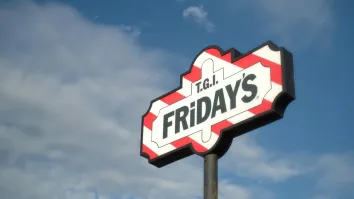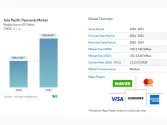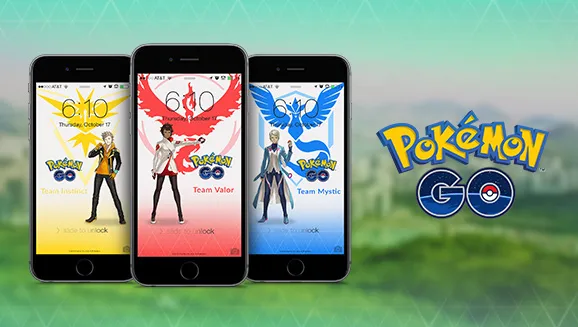
Pokémon Go could be big for bricks and mortar stores, says research
A short time after Pokémon Go's release, the mobile game has already become one of the top apps globally, and with its popularity, took in US$200 million in revenue in the first month of its release. Euromonitor International explores how bricks and mortar shops can take advantage of its user base through licensing.
Euromonitor's “Licensing and the Evolution of Retailing Landscape” Global Briefing finds that the retail landscape in licensing is incredibly important since it is perceived as the extension of the licensing world into real life and these are certainly interesting times for brick-and-mortar retailers, many of which have struggled recently due to declining footfall.
INTERNET SALES REACH NEW HEIGHTS
Across all the key industries for licensing businesses globally, including apparel and footwear, traditional toys and games, beauty and personal care, home and garden, personal accessories and packaged food, the share of internet retailing rose over the 2010-2015 period.
M (Mobile)-commerce comes as a natural progression from e-commerce and it is on the rise as the consumer path to purchase is evolving. The proliferation of wireless internet-enabled smartphones suits consumers’ on-the-go lifestyles, enabling them to purchase goods and services anytime, anywhere. The penetration of mobile shopping within internet retailing reached 51% in China, 24% in Indonesia, 23% in Saudi Arabia and 20% in both Mexico and Thailand in 2015.
OPPORTUNITY FOR BRICKS-AND-MORTAR
For all its benefits, however, internet retailing struggles to recreate the same level of impulse shopping that occurs in stores. The new augmented-reality mobile game Pokémon Go could potentially present an opportunity for retail outlets to increase foot traffic to stores.
There is already Pokémon Go-themed merchandise available across a number of categories in traditional toys and games, including action figures, plush toys, games and puzzles, and construction. Apparel and footwear has also been quick to respond with Pokémon Go licensed t-shirts and shoes. It was reported that licensed apparel specialist, Bioworld Europe, has seen a surge in sales of its licensed Pokémon collections following the global success of Pokémon Go.
The main take away from this report for the QSR industry is clear. Augmented reality games are here to stay, and chains can drive footfall and sales from participating in them. Be it acting as a location for a game, selling merchandise connectd to a game, or even co-branding offerings for players, Pokémon Go and the competition that will come after it have opened up a new frontier for QSRs to drive sales in the mobile era.
Click here for more information at Euromonitor International.
